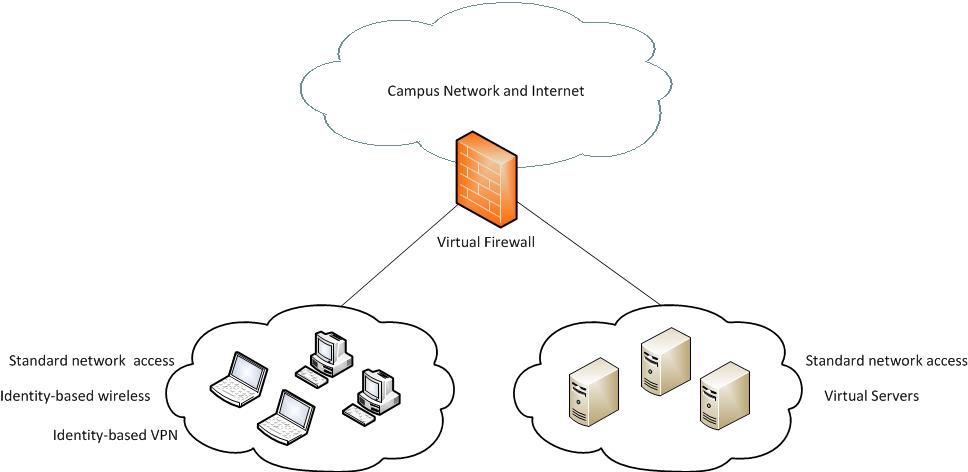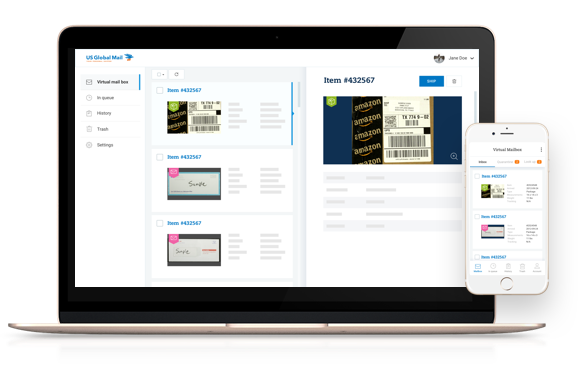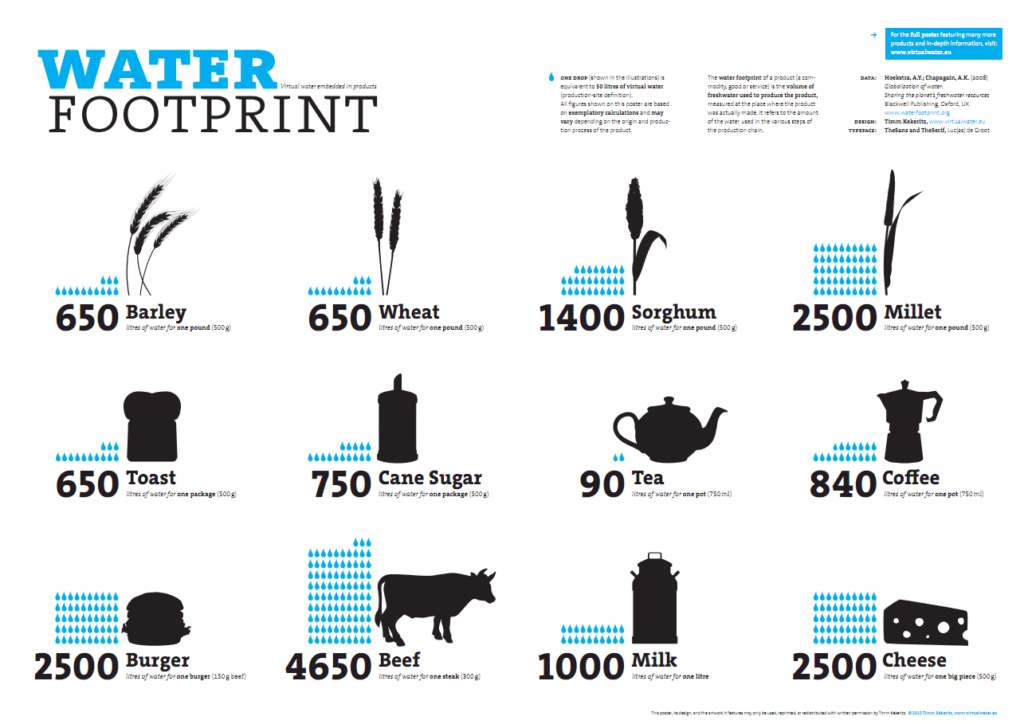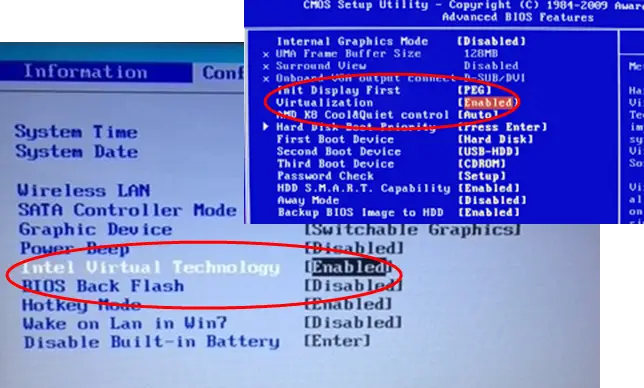With the rise of technology, network security has become a crucial aspect of maintaining a business. As more businesses rely on the internet for their day-to-day operations, the risk of cyber-attacks increases exponentially. Virtual firewalls have emerged as a solution to this problem, providing businesses with an added layer of protection against malicious online activity.
A virtual firewall is a software-based security system that creates a barrier between a company’s internal network and the internet. It operates in a similar manner to a physical firewall, with the key difference being that it is not a physical device but rather a program running on a computer or server. This type of firewall monitors incoming and outgoing traffic, and blocks any traffic that does not meet the organization’s security policies. In this article, we will explore the benefits of virtual firewalls, how they differ from physical firewalls, and why they are an essential tool in today’s digital age.
A virtual firewall is a software-based network security system that helps protect a network from malicious traffic. It is used to monitor incoming and outgoing network traffic and block unauthorized access to the network. It can also be used to detect and prevent attacks, such as denial-of-service attacks, viruses, worms, and malware.

What is a Virtual Firewall?
A virtual firewall is a software-based security solution that can be used to protect a virtualized environment. It is a security solution that can be deployed on a physical or virtual server to protect against malicious attacks. It has features such as packet filtering, intrusion prevention, and traffic shaping. It can be used to secure a wide variety of virtualized environments, including public and private cloud services, virtual private networks (VPNs), and software-as-a-service (SaaS) applications.
Benefits of a Virtual Firewall
A virtual firewall provides an effective way to protect your virtualized environment from malicious attacks. It can be used to block malicious traffic and protect against unauthorized access. Furthermore, it can be used to limit the amount of data that can be accessed and protect against data leakage. Additionally, it can be used to monitor network activity, detect suspicious activity, and detect and prevent malware.
Enhanced Security
A virtual firewall can provide enhanced security for your virtualized environment. It can be used to block malicious traffic and protect against unauthorized access. Additionally, it can be used to monitor network activity, detect suspicious activity, and detect and prevent malware. Furthermore, it can be used to limit the amount of data that can be accessed and protect against data leakage.
Cost Savings
A virtual firewall can provide cost savings for your organization. It is a cost-effective solution that can be deployed on a physical or virtual server. Furthermore, it can be used to secure a wide variety of virtualized environments, including public and private cloud services, virtual private networks (VPNs), and software-as-a-service (SaaS) applications. Additionally, it can be used to monitor and manage security policies for multiple virtualized environments.
Frequently Asked Questions
A virtual firewall is a security software application that dynamically creates and manages an array of rules that govern network traffic in a virtualized environment. It is designed to protect applications and data from malicious or unauthorized access.
What is a Virtual Firewall?
A virtual firewall is a software-based security solution that helps to protect applications and data from malicious or unauthorized access. It monitors, filters, and controls traffic in a virtualized environment, and creates a set of rules that govern the network traffic. It is similar to a physical firewall in that it provides a barrier between a secure internal network and the untrusted outside world. However, a virtual firewall is more flexible and can be deployed in a variety of virtualized environments, including cloud-based networks.
What are the Benefits of a Virtual Firewall?
The benefits of a virtual firewall are numerous. It is a cost-effective security solution that can help to protect applications and data from malicious or unauthorized access. It is also more flexible than a physical firewall since it can be deployed in a variety of virtualized environments, including cloud-based networks. Additionally, a virtual firewall can help to reduce complexity and improve scalability as it can be deployed quickly and easily.
How Does a Virtual Firewall Work?
A virtual firewall works by monitoring, filtering, and controlling network traffic in a virtualized environment. It creates and manages a set of rules that govern network traffic, and then applies those rules to incoming and outgoing traffic. For example, it can be configured to only allow traffic from trusted sources, or to block traffic from known malicious sources. Additionally, the virtual firewall can be configured to provide access to specific applications or services, while blocking access to others.
What are the Different Types of Virtual Firewalls?
There are several different types of virtual firewalls available. These include software-based firewalls, which run on virtual machines, and hardware-based firewalls, which are integrated into the virtualized environment. Additionally, there are cloud-based firewalls, which are hosted in the cloud and provide additional security for cloud-based applications.
How do I Choose the Right Virtual Firewall?
Choosing the right virtual firewall for your needs will depend on the specific needs of your environment. For example, if you are deploying a cloud-based application, then you will need to choose a cloud-based firewall. Additionally, you will want to make sure that the firewall is compatible with the virtualized environment that you are running, and that it meets your security needs. It is also important to consider the cost of the firewall, as well as any additional features that it may offer.

MicroNugget: What is the ASA Virtual Firewall?
In conclusion, a virtual firewall is a software program that operates within a virtual environment to protect network traffic and prevent unauthorized access. It acts as a gatekeeper, examining incoming and outgoing network traffic and blocking any suspicious or malicious activity. As more companies and organizations transition to virtualized environments and cloud computing, virtual firewalls are becoming an essential component of their security strategy.
In today’s ever-evolving cyber threat landscape, it is crucial to have robust security measures in place to protect sensitive data and assets. Virtual firewalls offer a cost-effective and scalable solution for organizations to secure their virtualized networks, without the need for additional hardware. With the ability to monitor and control traffic within a virtualized environment, virtual firewalls are an indispensable tool for any organization that takes network security seriously. By implementing a virtual firewall, businesses can ensure that their data and network remain secure against the increasing threat of cybercrime.



